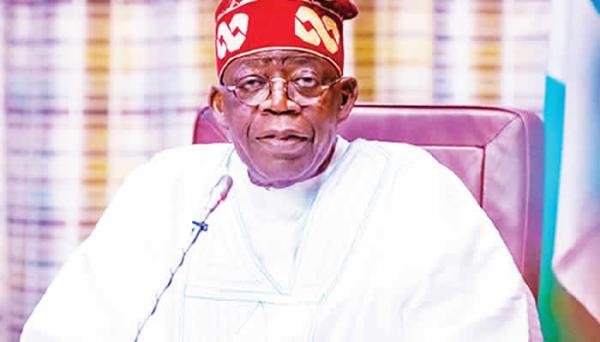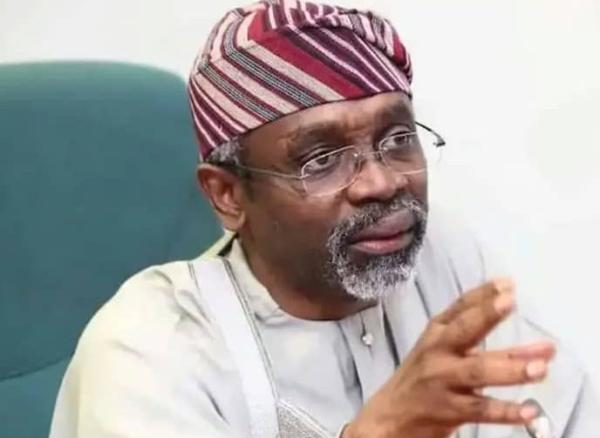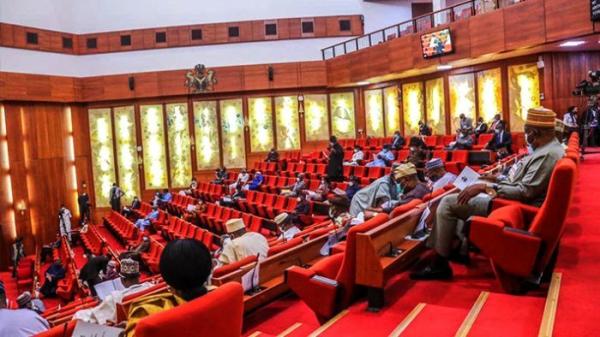
The Senate says it is considering a legislative move to institutionalise a presidential address every June 12, in recognition of the day’s historical significance.
The Leader of the Senate, Opeyemi Bamidele, disclosed this in an interview with reporters on Tuesday, stating that the Senate is hoping to prepare a bill to formalise the President’s speech to the nation on that date.
“We are hoping to bring a bill soon to institutionalise the President’s address on June 12 because of its historical importance. There can’t be a better time to address the nation through the parliament than on June 12, especially since it is a joint sitting of the National Assembly.”
He further revealed that the proposed legislation would also seek to designate the National Assembly (NASS) Complex as the venue for future presidential swearing-in ceremonies.
Bamidele said, “We are hoping, in that bill, to ensure that the swearing-in ceremony of the next President and Commander-in-Chief of Nigeria, whom we believe is President Bola Ahmed Tinubu, will be held within the arcade of the National Assembly.”
The Senate leader also announced that the Senate is considering an extension of the implementation period for the 2024 budget, particularly its capital expenditure component.
“We have to sit and assess the full implementation of the 2024 budget. We will further extend the capital expenditure timeline while ensuring that the 2025 budget is fully implemented.”
On constitutional reform, the Ekiti Central Senator, who also serves as the Vice Chairman of the Constitution Review Committee, acknowledged that progress has been slow but assured Nigerians that the process is ongoing.
He asserted that the committee is nearing the final stages of its work and plans to hold public hearings at zonal levels in the coming weeks that would lead to a joint public hearing coordinated by the House of Representatives and the Senate.
“We’ve done almost 70 percent of the work before going public. Before the end of the third legislative year, we intend to complete the constitutional amendment process,” he said.
June 12 was popularised in Nigeria after the controversial annulment of the June 12, 1993, presidential election believed to have been won by Moshood Kashimawo Olawale (MKO) Abiola. The election was annuled by then former Head of State, Ibrahim Babangida, sparking widespread outrage and protests nationwide.
As a sort of remedy or compensation, in 2018, then President Muhammadu Buhari moved Democracy Day from May 29 to June 12 in honour of Abiola and to remind all Nigerians of one of the freest elections in the nation’s history. The day is to celebrate the ideals of democracy since the beginning of the Fourth Republic 25 years ago.
In a twist, Babangida, in his book released in February 2025, admitted for the first time that the late philanthropist and democracy hero MKO Abiola won the election.






















